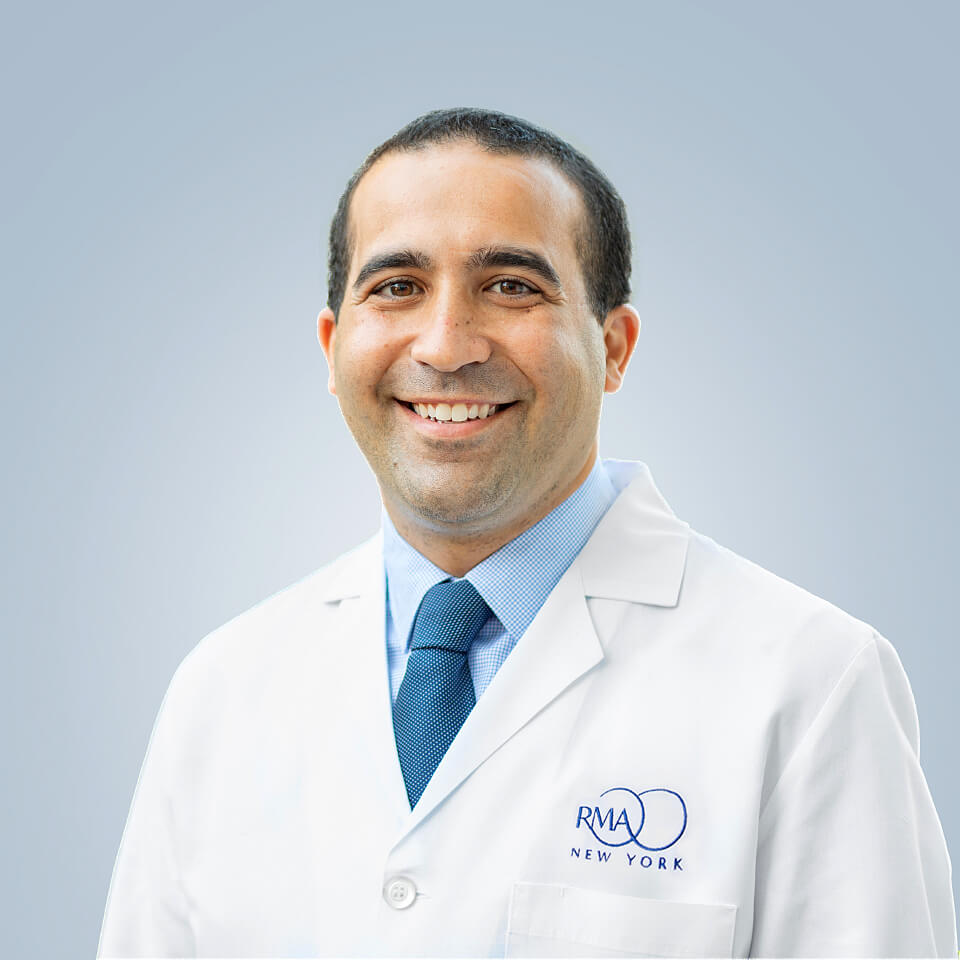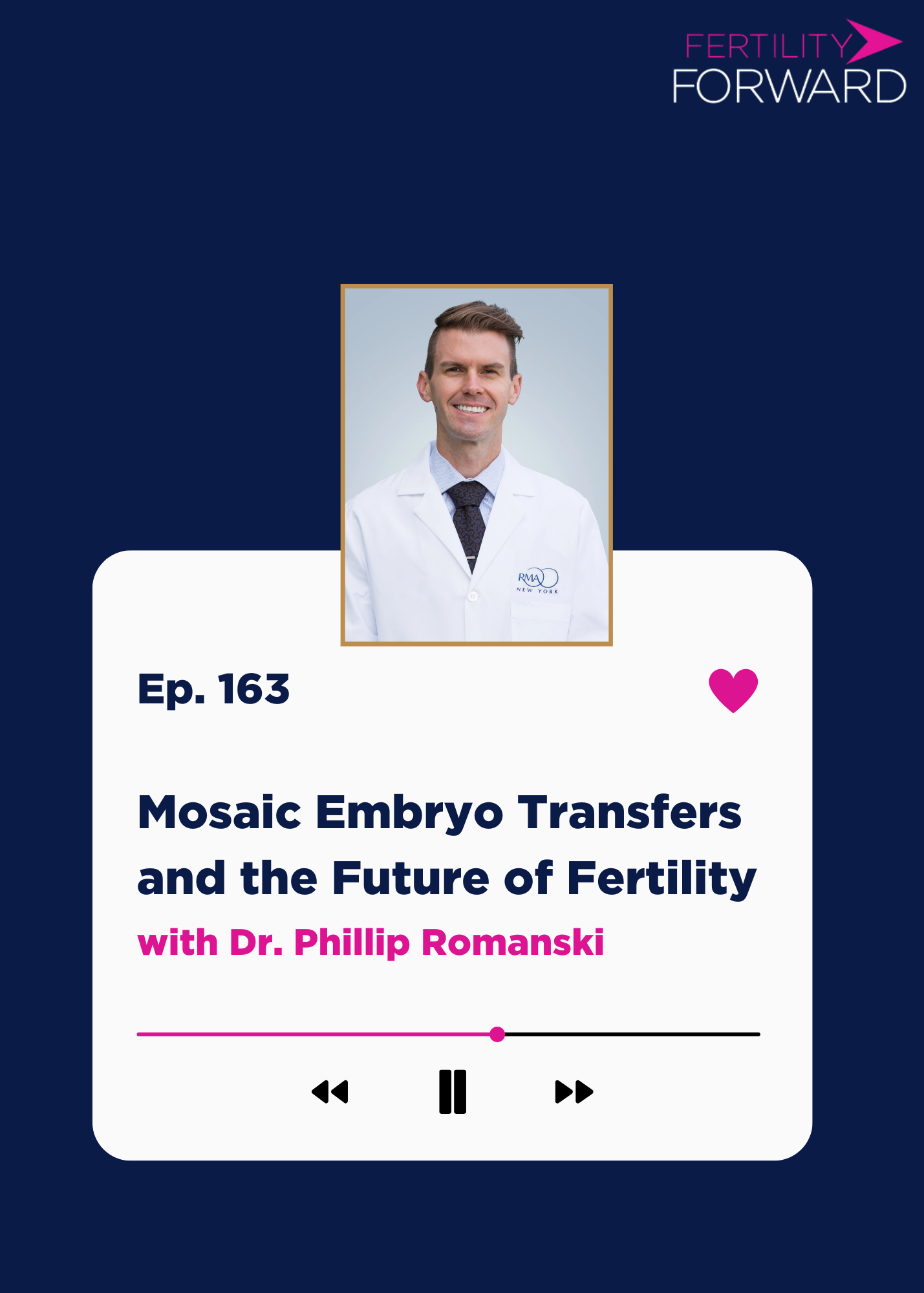About Embryo Freezing
Embryo cryopreservation represents the latest in cutting-edge technology for those looking for the most effective, most successful ways to delay childbearing and preserve fertility. The reasons for this choice are varied, and can range from the pressures of furthering career or education to decisions being driven by medical challenges.
Embryo Cryopreservation: Cutting-edge Technology
— Alan B. Copperman, MDFrozen embryos have been successfully used for over three decades to create healthy babies. Tremendous advances in cryopreservation techniques including vitrification have allowed well over 90% of embryos to be successfully frozen and thawed, and many of these to implant and result in healthy ongoing pregnancies.
The main difference between embryo freezing and egg freezing is the presence of sperm. In embryo freezing, eggs are retrieved and then fertilized by sperm to create embryos, and the embryos are analyzed using preimplantation genetic testing (PGT), then cryopreserved until ready to be used to attempt pregnancy. Embryo freezing may be a good option for couples who want to delay parenthood, as well as single women and lesbian couples who have chosen a sperm donor, but do not want to get pregnant right away.
Embryo freezing along with preimplantation genetic testing (PGT) is becoming increasingly popular for patients going through a cycle of IVF. Instead of transferring a fresh embryo three to five days after fertilization, the embryos undergo preimplantation genetic testing so that the healthiest embryos can be identified. The embryos are frozen while the genetic testing is performed by an outside specialty laboratory. Once the PGT results come back within 1-2 weeks, the healthiest embryo is identified, thawed, and transferred to the patient’s uterus. This timing also allows the body’s hormone levels to stabilize after being on fertility medications. There is growing evidence that frozen embryo transfer with PGT can significantly improve implantation rates.

Why RMA of New York: Embryo Freezing
RMA of New York serves as the Division of Reproductive Endocrinology and Infertility at Mount Sinai Medical System. Our laboratory team is dedicated to scientific discovery, graduate medical education through RMA of NY’s REI Fellowship Program, and individualized care that focuses on you.
Our team of embryologists are consistently recognized as innovators in reproductive science and medicine, and security and safety standards. RMA of New York has been at the forefront of embryo freezing technology and cutting-edge research, helping countless individuals and partners achieve the dream of building a family.
Featured Resources
![Ep 163: Mosaic Embryo Transfers and the Future of Fertility with Dr. Phillip Romanski]() Podcast
PodcastEp 163: Mosaic Embryo Transfers and the Future of Fertility with Dr. Phillip Romanski
How can data enable doctors to best support their patients? Reproductive endocrinologist and …
Read More![Endometriosis: Causes, Symptoms, and Advanced Care in NYC]() Blog
BlogEndometriosis: Causes, Symptoms, and Advanced Care in NYC
Endometriosis is a condition that affects the female reproductive system and occurs when …
Read More![News 12: Women's Health Screenings By Age]() News & Press
News & PressNews 12: Women's Health Screenings By Age
Dr. Anate Brauer sat down with News 12 to discuss the importance of health screenings and which …
Read More
Get Started
It’s never too early to learn about your fertility and reproductive options.
Have questions?
We can help.
Patient-centric reproductive medicine is our specialty, and we look forward to answering any questions you may have.



























